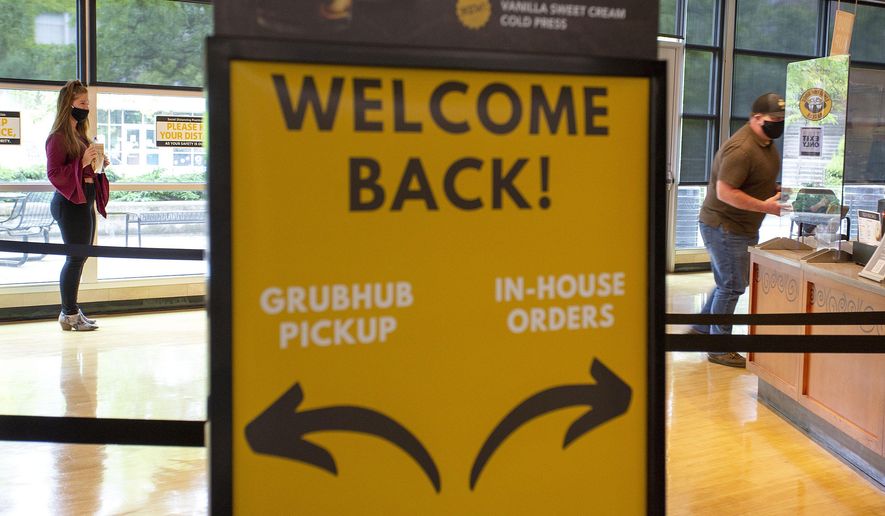A federal judge has ordered the University of Idaho to rescind no-contact orders issued against three evangelical Christian law students who shared their religious views with another student.
Peter Perlot, Mark Miller and Ryan Alexander — members of the law school’s Christian Legal Society chapter — are “free to speak in a manner consistent with their religious beliefs” as a lawsuit against university President C. Scott Green and three other school officials progresses, an announcement from the Alliance Defending Freedom stated.
The public-interest law firm represents the three students, who sued the University of Idaho administrators in April after the no-contact orders were issued against them and subsequently against law professor Richard Seamon, faculty adviser to the school’s Christian Legal Society chapter.
The dustup at the university’s law school stems from an April 1 “moment of community” where students, faculty and staff gathered in front of the Moscow, Idaho, campus after an anti-LGBTQ+ slur was found on a whiteboard at the university’s Boise campus. The Christian Legal Society members were present and prayed “in a showing of support,” the order from federal Chief District Judge David C. Nye says.
After the prayer, “Jane Doe,” identified in the opinion as “a queer female and a law student at the University of Idaho School of Law,” approached the society members and asked why the group requires its officers to affirm marriage as being between one man and one woman.
Mr. Miller “respectfully explained” the requirement exists because chapter members believe it is the only position “affirmed in the Bible,” according to an ADF statement. Ms. Doe, the court order noted, “expressed her opinion that the Bible did not support such a conclusion.”
Later, Mr. Perlot left a note for Ms. Doe, saying, “I’m the president of CLS this semester. Feel free to come talk to me if you have anything you need to say or questions you want to ask” and let her know where he could be found.
That encounter was followed a few days later by a public denunciation of the group during an American Bar Association panel discussion at the school. Mr. Alexander, who was at the event, said Ms. Doe’s characterizations of the group were inaccurate. That led to the no-contact orders, which the three students said were issued without an opportunity to defend themselves.
Due process for the students wasn’t required because “a no-contact order is an administrative action, not a punitive action. Therefore, there is nothing for a respondent to reply to,” a school spokesman told The Washington Times.
After the students filed the lawsuit, ADF said, the school also issued a no-contact order against Mr. Seamon. Ms. Doe had earlier emailed the professor saying the Christian Legal Society’s participation in the “moment of community” had “caused me to fear for my life at the [U]niversity of Idaho. I am scared to be on campus, I am scared to be in your class. I fear you.”
Chief U.S. Judge David C. Nye of the Idaho District Court — first nominated to the federal bench in 2016 by President Obama and renominated and confirmed the following year by President Trump — granted an injunction against the university officials because he said the students are likely to win at trial.
“It is likely plaintiffs will succeed on their claims due to the targeted and disparate manner in which defendants chose to regulate plaintiffs’ religious speech,” Judge Nye wrote.
In a statement, attorney Tyson Langhofer, director of the ADF Center for Academic Freedom, said, “The University of Idaho must stop discriminating against students’ religious beliefs and allow students of all ideological perspectives to freely debate important issues of our day.”
Another University of Idaho spokesman said the school was “reviewing the order” and that it does not comment on ongoing litigation.
• Mark A. Kellner can be reached at mkellner@washingtontimes.com.




Please read our comment policy before commenting.